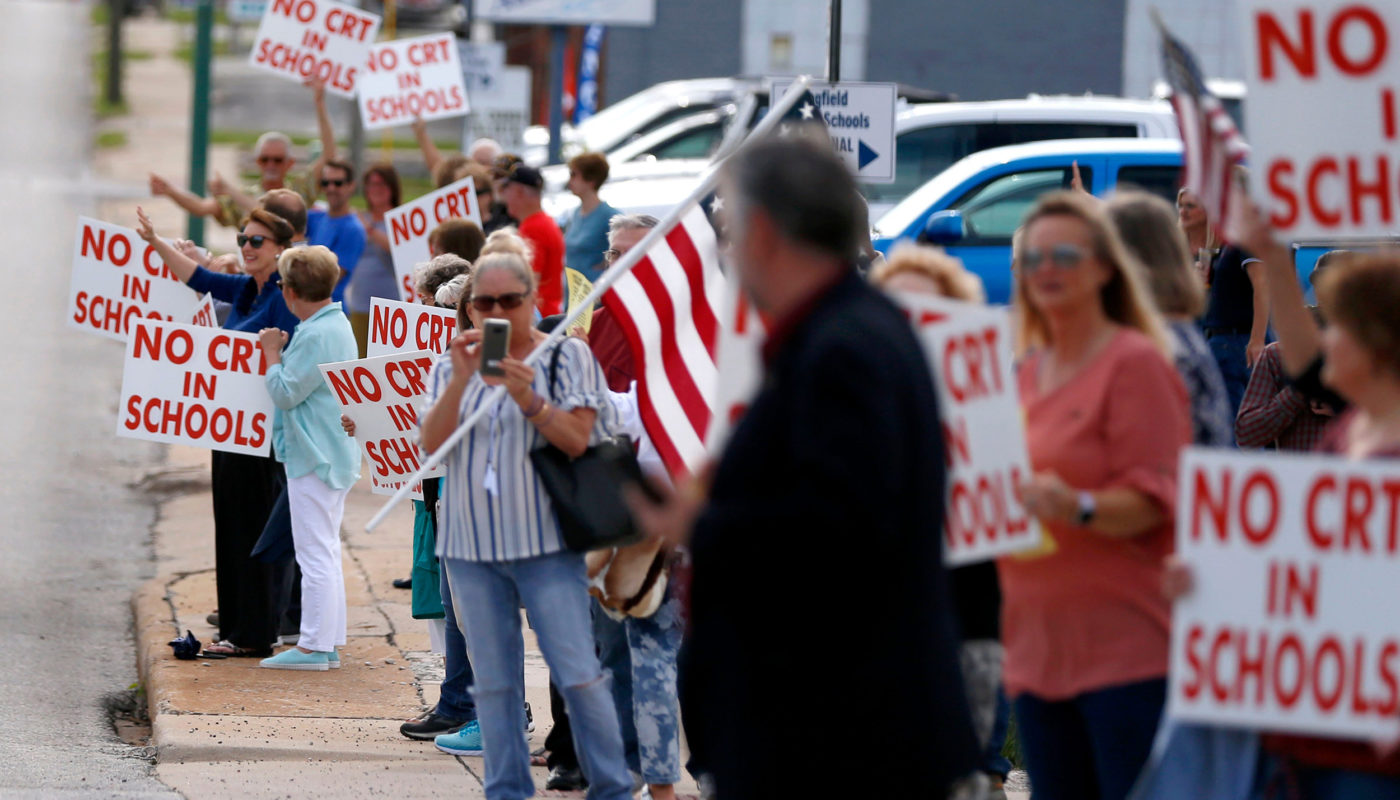Ohio has seemingly joined the Republican-led fight against the teaching of “Critical Race Theory” with the introduction of the Ohio House Bill 327.
The bill, authored by two Republican representatives, Diane V. Grendell of the 76th district, and Sarah Fowler Arthur of the 99th district, tackle more than most of the typical targets of this movement which I covered in a previous article, Understanding Republican push-back against CRT. This opposition movement is the product of Christopher Rufo, a conservative activist who wanted a catch-all term for policies they wanted to oppose, specifically when it came to education on racism and American history.
The bill, which has been stuck in the State and Local Government committee since June of last year, prevents the teaching of what it calls “divisive concepts.” According to the bill summary, it opposes “the teaching, advocating, or promotion of divisive concepts,” and would apply to public schools, community schools and STEM schools as well as state agencies.
Any district found to be in violation of this rule would be stripped of any funding from the department of education, until the department felt that the district was in compliance with these rules again.
What are these divisive concepts? According to the bill, the teaching of certain concepts in relation to race and sex are specifically problematic. Some prohibited concepts included are the idea that “The United States is fundamentally racist or sexist,” that individuals may hold implicit biases on account of their race or sex, or the idea that “meritocracy or traits such as hard work ethic are racist or sexist,”
Two particularly questionable sections deal with the conditions in which controversial topics may be discussed in the classroom.
One section reads “No school district shall teach, instruct, or train any divisive concepts, nor shall any school district require a student to advocate for or against a specific topic or point of view to receive credit for any coursework.”
The bill later goes on to say “Nothing in this section shall be construed to prohibit discussing or using supplemental instructional materials, as part of a larger course of academic instruction, to teach divisive concepts in an objective manner and without endorsement,” before listing some exceptions including “the impartial discussion of controversial aspects of history.”
The latter section seems to undercut most of the provisions of the bill, since a larger curriculum can theoretically justify the teaching of these divisive concepts, assuming consistent enforcement. What is perhaps more immediately problematic is the focus on impartiality when it comes to discussions of controversial history.
Who determines what is and isn’t impartial is ultimately the Ohio Board of Education, with a final say given by the Superintendent of Public Instruction as outlined in the legislation. Since these positions are appointed by the elected government officials, it is questionable whether or not objective rulings will be given.
Some groups have spoken out against this move, such as Ohio Education Association President Scott DiMauro.
In an article from ABC 6, DiMauro expressed concerns, saying “Nobody knows exactly what it means. The intent is to instill fear in educators so that they don’t teach about anything that they might think someone would find to be controversial.” DiMauro worries that teachers would be required to teach both sides of historical events like the Holocaust.
“There are some aspects of our history where there aren’t two equal sides to talk about. You can’t both sides the holocaust. You can’t both sides slavery. We have to be honest about calling our injustices in our history in order for students to learn from our past,” DiMauro said.
The Ohio State University Senate even passed a resolution condemning the legislation as an attack on academic freedoms.
Since the bill has been stalled in committee for almost a year now, there is a chance that it may not be voted on or signed into law. However, there is also a chance that either this bill or bills like it will be passed in the future, and that attacks on educating about topics that some have deemed “divisive” will be an ongoing trend in Ohio and the nation.

